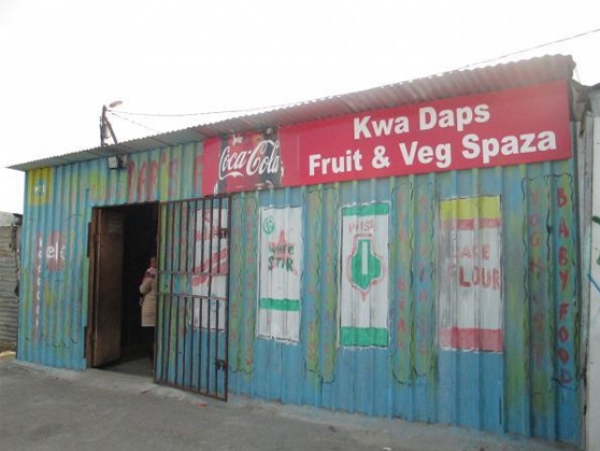SAPS told to treat foreigners with respect

The SA Police Service must “take urgent steps” to eradicate discriminatory behaviour towards foreigners and gay people, the Commission of Inquiry into policing in Khayelitsha has said.
In its report released this week, the commission said discriminatory behaviour towards gay people and foreigners should not simply be dismissed as the misconduct of “bad apples” within SAPS.
“The Commission considers that the evidence that has been led suggests that discriminatory behaviour is widespread amongst members of SAPS in Khayelitsha.”
“The Commission considers that it may be that such behaviours are rooted in an institutional culture within SAPS, not consistent with our constitutional values, and not supported by at least some senior managers in SAPS. Accordingly, the Commission suggests that SAPS needs to take urgent steps to eradicate these attitudes,” wrote commissioners Kate O’Regan and Vusi Pikoli.
The commission recommended that SAPS make “a specific undertaking” to treat members of vulnerable groups, such as gay people and foreigners, “with respect and concern”.
Staff at Khayelitsha’s three police stations should be provided with training on corruption, homophobia and xenophobia, they said.
During its sittings the commission heard testimony that Somali traders had become targets of crime. Yoliswa Dwane of Equal Education testified that she had seen police seizing food and cool drinks from traders without paying.
She said, “It shocked me when I saw it once, but then I saw it again and again and again, where the police just come into a shop — in a Somali shop — they don’t do that with Xhosa owners.”
Social anthropologist Vicki Igglesden told the commission the 2011 Census suggested 2477 foreign nationals resided in Khayelitsha (0.6% of the population). They had lived in South Africa for an average of six and a half years and had worked or lived in Khayelitsha for an average of four and a half years.
In a survey conducted in December 2013 at the request of the commission, because foreign nationals were reluctant to testify before the Commission for fear of reprisals, Igglesden found foreign nationals reported high levels of dissatisfaction with the police.
Concerns were expressed about police attendance at the scene of a crime, lack of follow up, victimisation of foreigners reporting crimes by police officials, abuse including discriminatory language, theft of traders’ property, malicious damage to traders’ property and extortion. As a result, she said, people interviewed expressed high levels of distrust with SAPS as an institution.
The commission also heard that crime intelligence officers at the Khayelitsha police station stated that 96.5% of business robberies reported to the police station related to robberies of spaza stores owned by foreigners, although they only made up 50% of store owners.
South African spaza shop traders accounted for only 3.5% of robberies.
Moreover 40% of business robberies also involved charges of murder or attempted murder.
Lieutenant Colonel Swart, the detective commander at Lingelethu West, confirmed that most business robberies in his area were robberies of Somali spaza shops.
Phumeza Mlungwana of the Social Justice Coalition told the Commission that foreign nationals were a “marginalised group” in Khayelitsha who are an easy target for criminals and corrupt SAPS members.
Braam Hanekom, director of human rights organisation People Against Suffering Oppression and Poverty (PASSOP) said: “We are very happy about the commission process and the results. We wish the recommendations could be extended to police stations beyond Khayelitsha”.
Next: Highest crime areas have fewest cops - Khayelitsha commission
Previous: Khayelitsha police not trained to deal with domestic violence

This article is licensed under a Creative Commons Attribution-NoDerivatives 4.0 International License.


